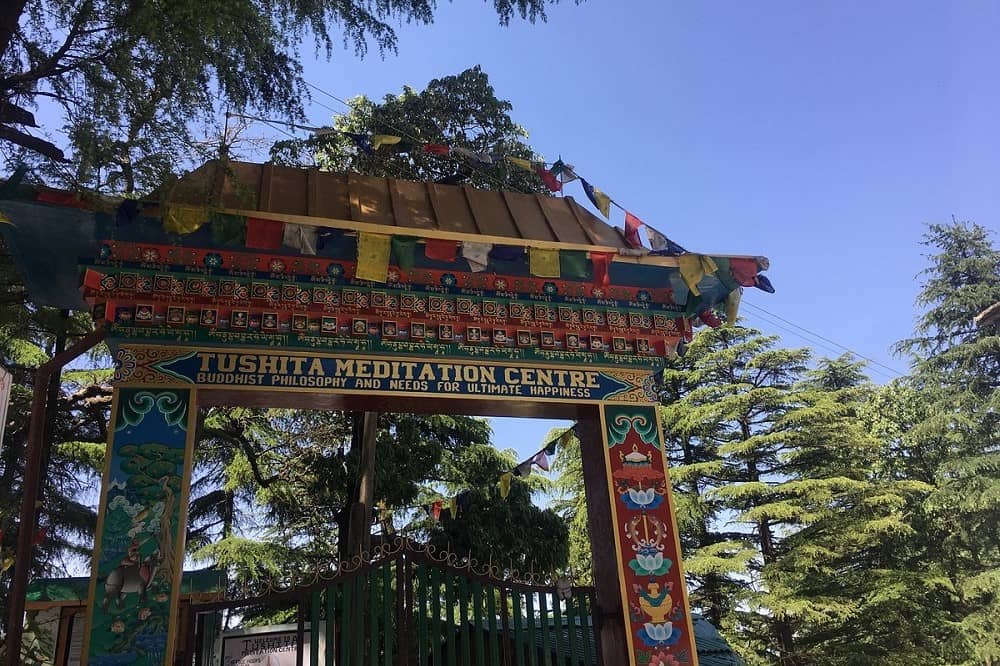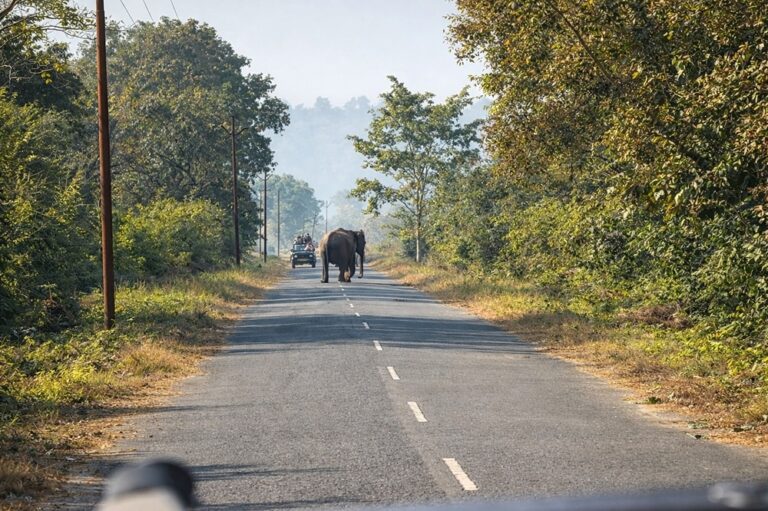What is Vipassana Meditation Course? Benefits & History
Many of not aware that “What is vipassana meditation course?’ Vipassana meditation course offers a practical path to inner peace and a fulfilling life. To learn it, one attends a 10-day residential course led by a qualified teacher, providing an environment free from distractions to observe one’s inner reality. This technique helps alleviate suffering and is inclusive to people of all backgrounds, irrespective of religion, gender, race, or nationality.
Overview: What is Vipassana Meditation Course?
10-day Vipassana meditation course is intense mental experiences. They’re physically and mentally demanding, requiring students to spend most of their time alone, without speaking to others. Participants delve deep into their minds, meditating for up to ten hours daily over the course of ten days.
During vipassana meditation course, participants engage in lectures, instructional tapes, and occasional meetings with the teacher, but most of the time is spent in solitary meditation. To succeed, one needs to maintain focus, cooperate in a group setting, follow instructions, stick to a schedule, observe silence, avoid disturbing others, and work openly and cooperatively with the teacher.
- This course welcomes people of all faiths and backgrounds since Vipassana doesn’t require any specific belief system.
Suggested Read: Tushita Meditation Centre Delhi: Don’t miss it during your stay

Benefits of Vipassana Meditation Course:
( What is Vipassana Meditation Course? )
- Clarity and calmness of mind: Vipassana helps cultivate a clear and calm mind, reducing stress and anxiety while enhancing perspective.
- Present moment awareness: Practicing Vipassana helps increase awareness of the present moment, reducing reactivity to thoughts and emotions.
- Improved physical health: Attendees often report better physical health after Vipassana retreats, attributed to stress reduction.
- Less negative emotions: Vipassana reduces negative emotions like anger, hatred, and greed by teaching observation over indulgence.
- Enhanced judgment: By fostering a calm mind, Vipassana boosts awareness, self-control, and peace, leading to better decision-making.
Suggested Read: Tushita Meditation Centre Mcleodganj: want to meditate?

History of Vipassana
( What is Vipassana Meditation Course? )
Vipassana has deep roots in ancient India and is attributed to the Buddha, who is said to have used it to attain enlightenment. He passed the technique to 60 disciples, who spread it across northern India, even reaching kings and emperors.
Around 200 years after the Buddha’s passing, Emperor Asoka, moved by the violence of war, embraced Vipassana. This sparked further dissemination, with teachers spreading the practice throughout India and even reaching places like Egypt and Syria.
In the 20th century, Sayagyi U Ba Khin, a civil servant from Myanmar. He played a significant role in reviving Vipassana meditation. He emphasized the importance of preserving the original technique and taught it to many students, advocating for its widespread transmission.
To apply for Vipassana Meditation Coursee:
- Ensure you grasp the seriousness of the program before applying the Vipassana Meidtation Course .
- Understand that participants must remain for the entire course without leaving midway. Only those confident in adhering to the discipline should seek admission.
- As part of the application process, all applicants must thoroughly read the Introduction to the Technique and Code of Discipline booklet.
.












